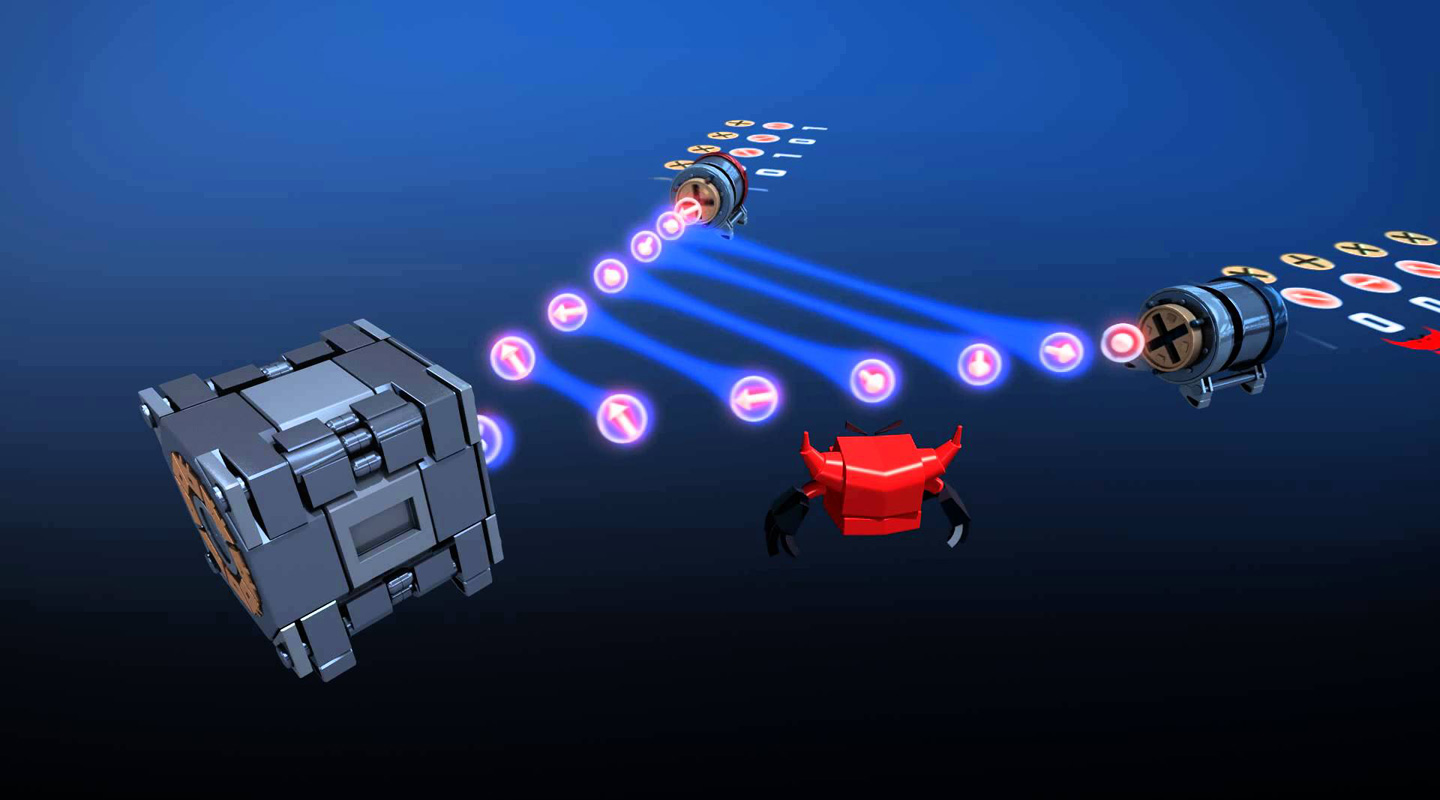Quantum Leap

With so much business being transacted online every day, data security in transmission and retention is of paramount importance. Common cryptosystems use a pair of public and private keys for the sender to encrypt the message and the receiver to decode the message. The keys are usually generated from a large random number which is very hard but not impossible to crack. Code-breaking is becoming easier with faster and more powerful computers.
Borrowing from quantum mechanics, quantum cryptography promises a new method of transmitting data which is faster, carries more information and, most importantly, is more secure as it is impossible to intercept the data without changing the data themselves.
In a quantum communication, a sender Alice sends a stream of photons to Bob. It is the photon’s property to spin along an axis when it travels, either rectilinearly or diagonally. Alice would randomly use one of two devices which determine if a photon will be travelling rectilinearly or diagonally. Bob has the same devices at his disposal but not knowing which one Alice used to send a particular photon would on probability get half of the signals wrong. But then Alice would tell him which device she had used for each photon and Bob can just drop his wrong choices of device to arrive at the message intended by Alice.
If a hacker Eve intercepts some of the photons, she would be making the same mistakes as Bob initially did but not knowing which device Alice used she would be stuck with a string of signals as meaningless as they are random. Further, her meddling would have altered the state of each photon she intercepted. When the photon reaches Bob he would detect an error even if he has used the right device. Hence, he would be put on alert to Eve’s existence.
The theories of quantum cryptography have been around for decades. But important headway has been made by China in recent years. It launched the world's first quantum space satellite, Mozi, into space in August 2016. Thirteen months later, China announced that the first quantum encrypted intercontinental video conference was conducted between scientists in Beijing and in Vienna.
Having put itself on the map of quantum cryptography, China will find itself competing with Europe and the US in applying the technology to the business, medical, telecommunications and military fields. Do expect fervent leaps and bounds ahead.
T.C.
This article was originally published in No. 509/510, Newsletter in Dec 2017.

